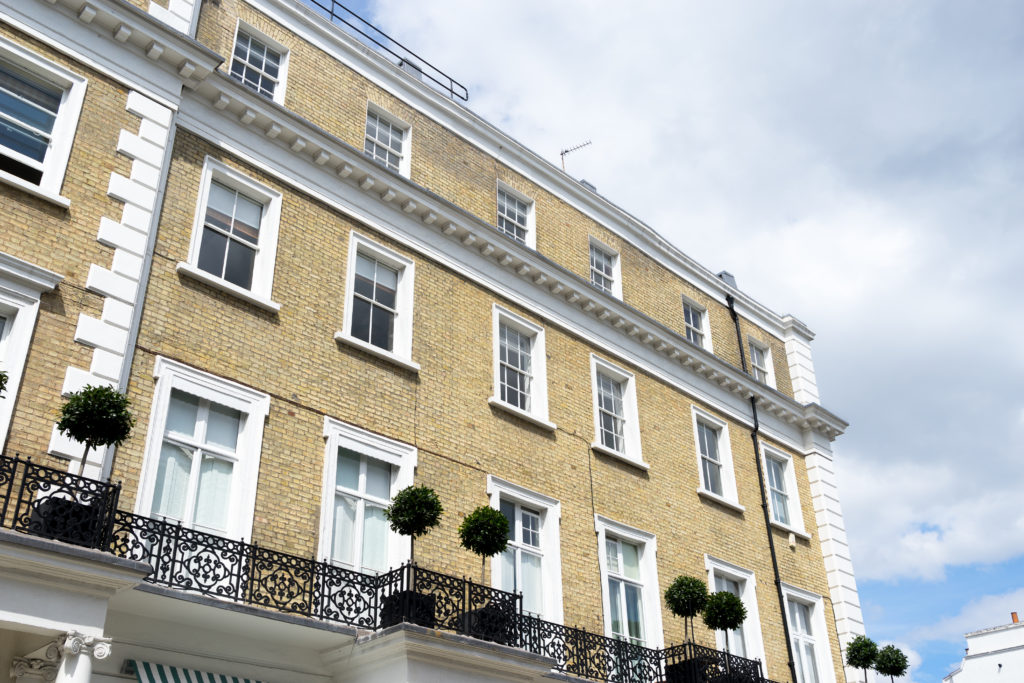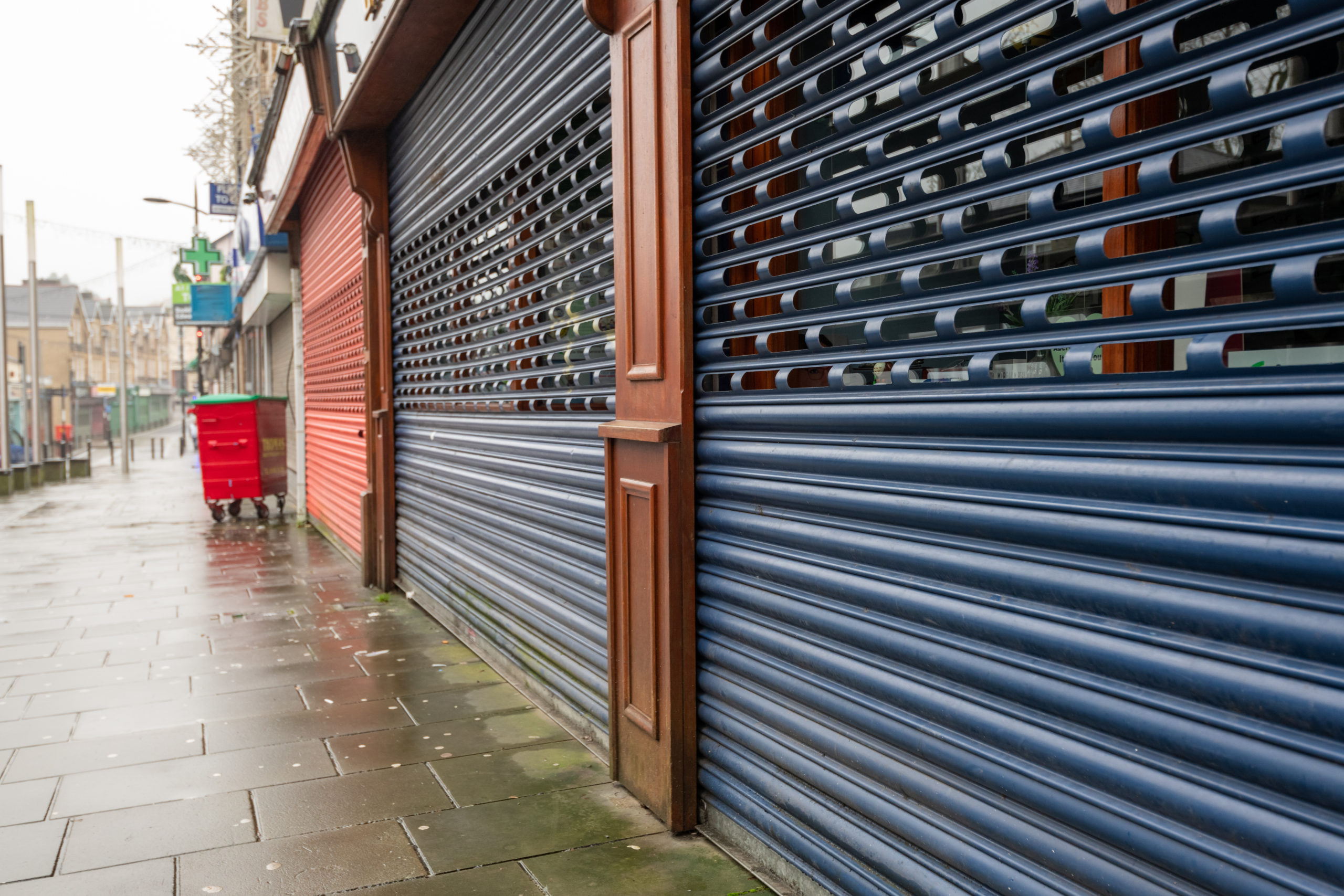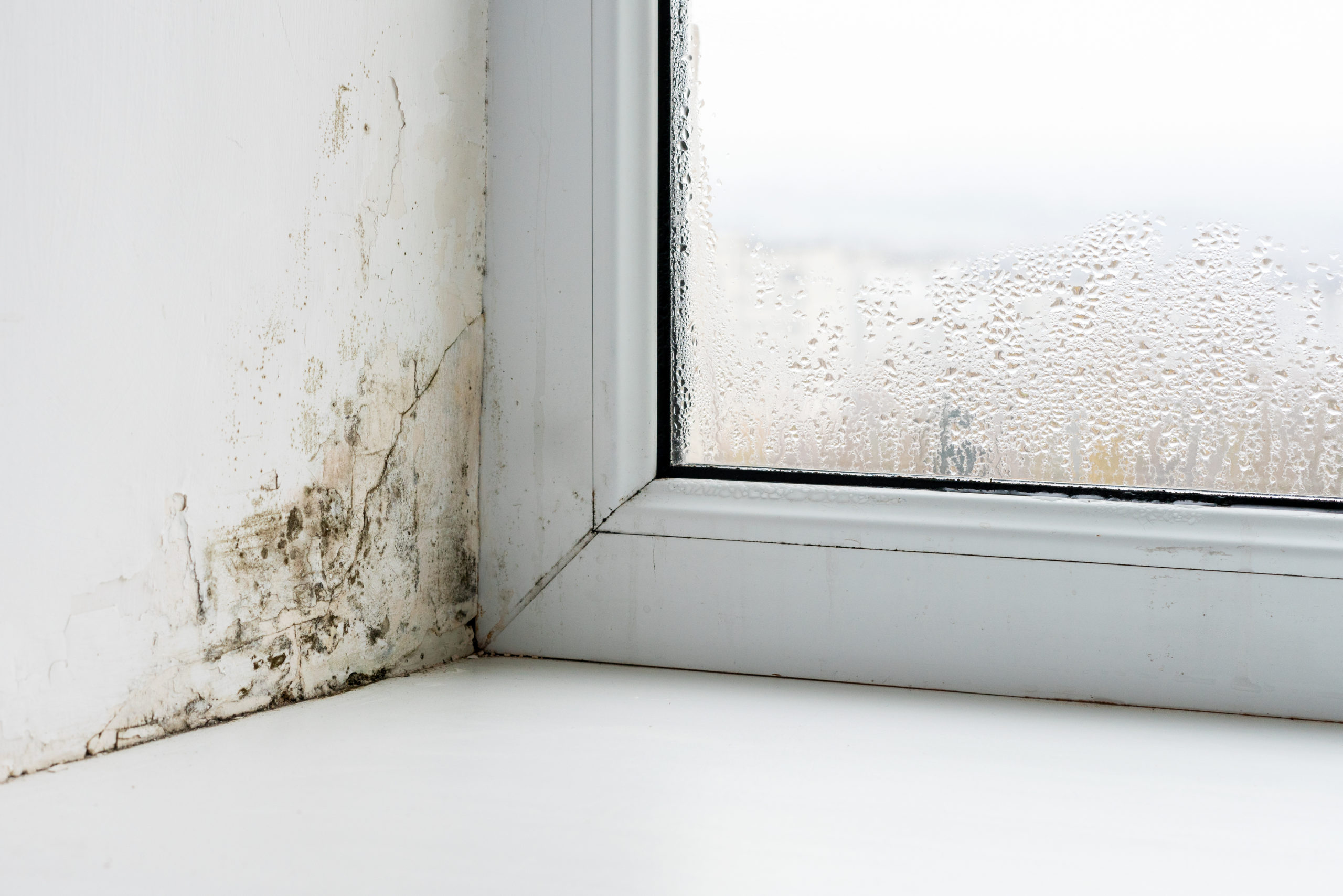For many flat owners in the UK, owning a property doesn’t always mean owning it outright. If your home is leasehold, you only have the right to live in the property for a fixed number of years as set out in your lease.
Yet many leaseholders act too late when deciding to extend their lease, which can translate into negative financial consequences, legal complications, and even the loss of the property.
We explore what happens when a leasehold expires, why acting early is essential, and how a professional leasehold extension valuation from ASL can help protect your investment.

Understanding Leasehold Expiry
A leasehold property is essentially a long-term rental agreement. While a lease may last anywhere up to 999 years, it is not permanent. When the term runs out, the leaseholder’s legal right to live in the property ends and ownership automatically reverts to the freeholder. This means:
- You could lose your home entirely - with no compensation.
- You no longer own your flat - your legal right to occupy ends.
- Your property becomes worthless - an expired lease cannot be sold or mortgaged.
Although most people will never see their lease run down to zero, the problems start long before expiry. In fact, the real financial challenges begin when the remaining lease drops below 80 years.
The Risks of a Short Lease
The financial impact of a leasehold isn’t just a problem when it hits zero years. The earlier you act, the more affordable it is to extend your lease. The real financial challenges begin once a lease drops below 80 years.
Marriage Value Costs
When a lease has fewer than 80 years remaining, the law requires leaseholders to pay something called “marriage value” when extending. This is an additional premium payable to the freeholder, representing the increase in value created by merging the extended lease with the property. It can add thousands of pounds to the cost of an extension.
Rising Costs Over Time
The shorter the lease, the more expensive it becomes to extend. For example, extending at 85 years may cost a fraction of what it would at 75 years.
Resale Difficulties
Many buyers avoid short leases due to the complexity and expense of extending them. If your flat has fewer than 80 years left, you may struggle to sell.
Mortgage Problems
Lenders typically refuse to approve mortgages on leases with fewer than 70–80 years remaining. This restricts your potential buyer pool and can make refinancing impossible.
What Happens if a Lease Expires Completely?
When a lease reaches zero years, ownership of the flat reverts automatically to the freeholder. The leaseholder no longer has the right to live there and cannot sell, remortgage, or transfer the property. If they remain in the property after expiry, they may even face eviction proceedings. Without action from the leaseholder, the flat ceases to exist as a marketable asset and the leaseholder’s biggest investment disappears.
The Benefits of Acting Early To Extend Your Leasehold
Extending a lease while it is still above 80 years remaining is by far the most cost-effective strategy. Leaseholders who act early avoid marriage value completely, protect the property’s resale value, and ensure mortgage eligibility for future buyers. An early extension also provides peace of mind, removing uncertainty and preventing future disputes. Even if you don’t plan to sell or remortgage in the near future, securing an extension ensures your home retains its long-term financial stability.
How a RICS Leasehold Extension Valuation Helps
Extending a lease is not as simple as just asking the freeholder. The process involves detailed negotiation, legal requirements, and financial calculations. That is why an independent RICS-accredited valuation is essential.
At ASL, we provide expert leasehold extension valuations that:
- Calculate the premium: We assess the fair price you should pay based on market value, lease length, ground rent, and other factors.
- Comply with legislation: Our reports meet the requirements of the Leasehold and Freehold Reform Act 2024.
- Support negotiations: With a professional valuation in hand, you can negotiate confidently with your freeholder.
- Prevent overpayment: Without an independent valuation, you risk paying more than necessary.
This professional input not only saves money but also speeds up the process, avoiding disputes that could drag on for months.
Leasehold Challenges in Liverpool, Wirral, and Chester
Leasehold issues are common across the North West, particularly in areas like Liverpool, Wirral, and Chester, where many flats were originally sold on leases of 99 or 125 years. As these terms run down, more and more leaseholders are finding themselves under pressure to extend.
In Liverpool city centre, we often speak to flat owners who only discover the problem when they try to remortgage. Their lender refuses because the lease has dropped close to 80 years. A valuation gives them the evidence they need to extend in time and protect their mortgage options.
On the Wirral, it’s not unusual to see properties with 70–75 years left, where premiums are rising quickly. With a professional valuation, leaseholders can negotiate fairly rather than accepting the freeholder’s first figure.
In Chester, short leases can make selling a property almost impossible. Buyers are reluctant to take on the extra cost, but a valuation and extension can restore marketability and ensure the flat sells at its true value.
Our role as RICS Lease Extension Surveyors is to make this process clearer, fairer, and more affordable for local leaseholders, turning a stressful situation into a manageable one.
Frequently Asked Questions About Leasehold Extensions
Can I still live in my flat after the lease expires?
No. Once your lease runs out, legal ownership returns to the freeholder. You lose the right to live there.
What if I only have 10 years left on my lease?
You must act urgently. Extending at this stage will be extremely costly, and mortgage providers will almost certainly reject your property.
How long should I have left before extending my lease?
The golden rule is to extend before your lease drops below 80 years. Ideally, consider extending when you reach around 85–90 years.
Do I need a valuation before extending?
Yes. A RICS leasehold extension valuation is essential for knowing the true cost and negotiating fairly with your freeholder.
Is it worth extending if I’m not planning to sell soon?
Absolutely. Even if you intend to stay long-term, extending protects your investment and prevents costs from spiralling later.
What if my lease is not renewed?
If your lease is not renewed and it expires, the property reverts to the freeholder. You lose the legal right to live there and the flat has no market value. Acting early to extend avoids this risk entirely.
ASL Can Help You Extend Your Leasehold
Trust in ASL - Chartered Surveyors & Valuers
Leasehold expiry is not an issue that can be ignored or left until the last minute. The financial and legal implications of a short or expired lease are serious, ranging from high extension premiums to the complete loss of your home. Acting early is the best way to protect your property, preserve its value, and avoid unnecessary stress.
At ASL, we specialise in RICS leasehold extension valuations that give leaseholders the clarity, confidence, and negotiating power they need. With our expertise, you can secure a fair premium, protect your investment, and plan for the future with peace of mind.





